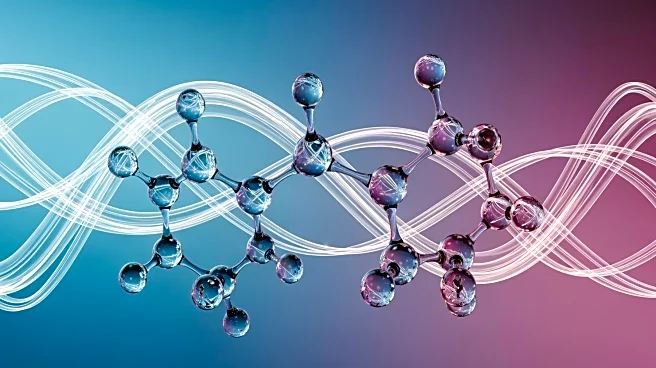Rapid Read • 7 min read
The Asia-Pacific Economic Cooperation (APEC) has adopted a joint declaration aimed at enhancing food security through innovation. The declaration was made during a ministerial-level meeting in Seoul, chaired by Korea. It emphasizes the importance of sustainable agri-food systems and outlines strategies to address food security threats across production, distribution, and consumption stages. The declaration also highlights the role of advanced technologies and policy tools in improving efficiency and resilience in agri-food systems. Discussions included a mid-term review of the 2030 food security roadmap and cooperation on artificial intelligence applications in agriculture.
AD
Food security is a critical global issue, with localized areas experiencing acute hunger. The APEC declaration signifies a collective effort to tackle these challenges by leveraging innovation and technology. This initiative could lead to improved agricultural productivity and resilience, benefiting economies within the APEC region. Korea's active role in these discussions underscores its commitment to promoting agri-food innovation and enhancing its global standing. The focus on young farmers and rural revitalization may also contribute to sustainable development and economic growth in member countries.
Following the declaration, Korea plans to host a trilateral agriculture ministers' meeting with China and Japan. The country aims to deepen partnerships with Latin American and Southeast Asian nations, enhance APEC's food crisis warning system, and establish a technology cooperation center. These efforts are expected to further solidify Korea's position as a leader in addressing global agricultural challenges and promoting K-Food and smart farming solutions.
The emphasis on innovation-driven practices and digital transformation in agriculture could lead to long-term shifts in how food security is managed globally. Ethical considerations around technology use in agriculture, such as data privacy and equitable access, may arise as these initiatives progress.
AD
More Stories You Might Enjoy












